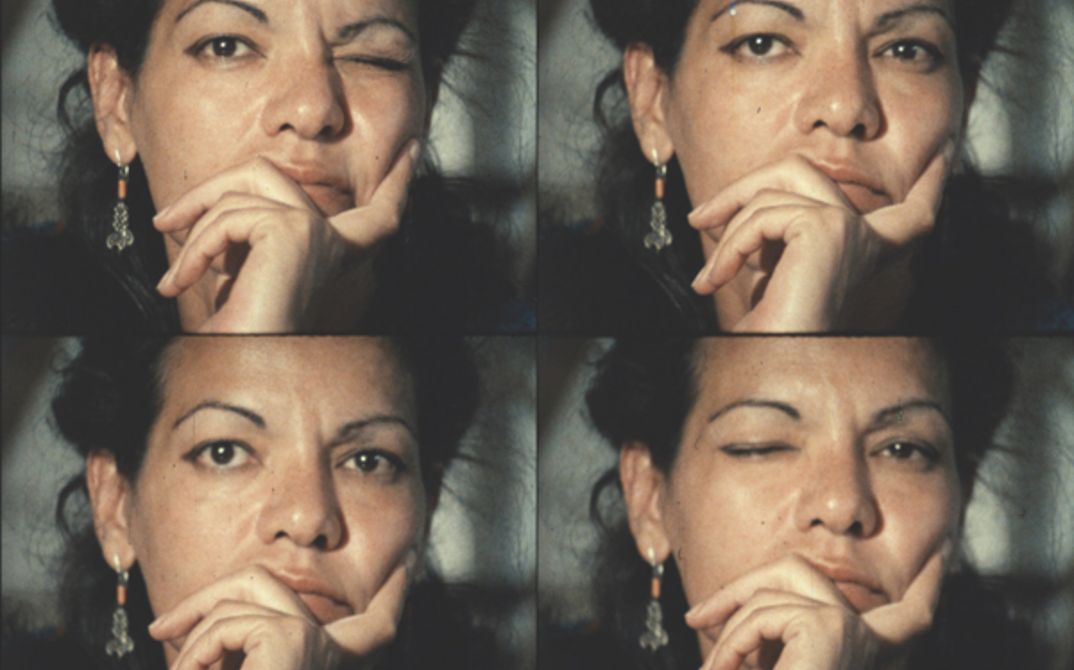To open the program, we are showing a selection of this material together with PERMISSIBLE DREAMS (1983), the portrait of a female farmer in the Suez Canal zone. She talks of social injustice, the discrimination she faces as a woman, and her fervent desire for an education. Claudia von Alemann, who got to know Al Abnoudy within a feminist network, will be present at the screening. (2.7.)
THE SANDWICH (1975) is an experimental short film with documentary and fictional elements. The focus is on the children of a rural area where time seems to have stood still. The film is showing together with the key work Rhythm of Life (1988): the film shows the everyday lives of female land workers in a sort of symphony in four movements. (4.7.)
HORSE OF MUD (1971) and SAD SONG OF TOUHA (1972) are two of Al Abnoudy’s earliest and perhaps best-known films. HORSE OF MUD is dedicated to poverty in Cairo. The production of tiles is filmed as a rhythmical choreography, with the sequences of movement entering into a subtle connection with the personal stories of the workers. SAD SONG OF TOUHA is a dream-like portrait of the artists characteristic of life on the streets of Cairo. The unobtrusive camera accompanies fire-eaters, childlike serpent people, and others whose stories are told by the piercing voice of poet Abdel Rahman El-Abnoudy, husband of the director. Another famous poet, Amal Donqol, speaks in AMAL DONQOL – THE TALK OF ROOM NUMBER 8 (1990) about his work, fortunes, and politics, his feelings of alienation in an increasingly materialistic society, and his fight against a disease. BUYERS AND SELLERS (1992) contrasts the fates of the haves and the have-nots. The early 90s were marked by the rapid adoption of neo-liberal economic policies. The film investigates the Egyptian population’s relationship with the Suez Canal and hints at the social and economic changes that the last two decades of Mubarak’s presidency were to bring with them. (5.7.)
INTO THE DEPTH (1979) is the portrait of a school in a rural region and the challenges with which the pupils and village inhabitants see themselves confronted. In SEAS OF THIRST (1980), Al Abnoudy moves to the north of the country, where she shows life close to the salt lakes in El Borrolos during a period of drought. The stark contrast between affluence and the inhospitable surroundings give an account of a social class that is increasingly disappearing. (7.7.) (stss)
Our special thanks go to Asmaa Yehia El-Taher nd Yasmin Desouki. Tamer El Said will give an introduction to all programs. A program as part of Archive außer sich.



